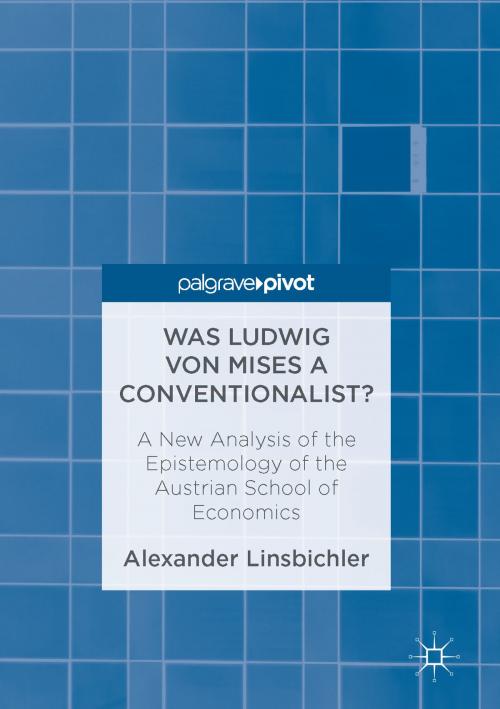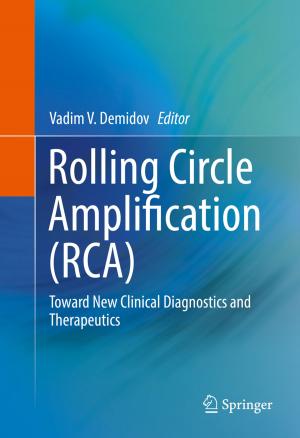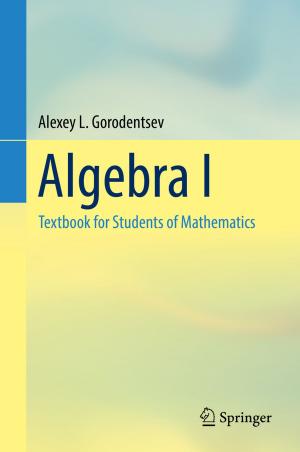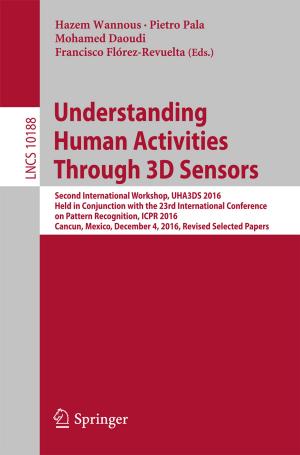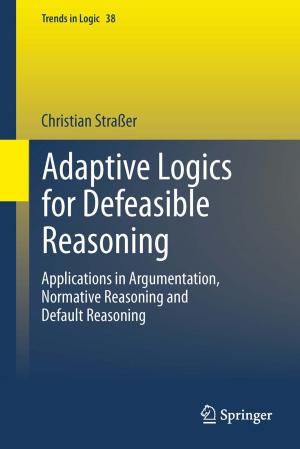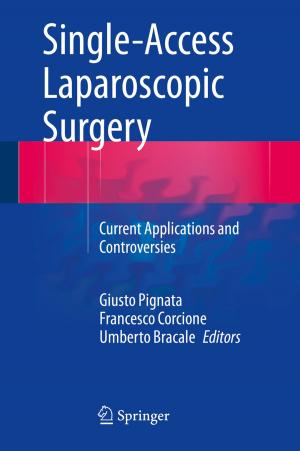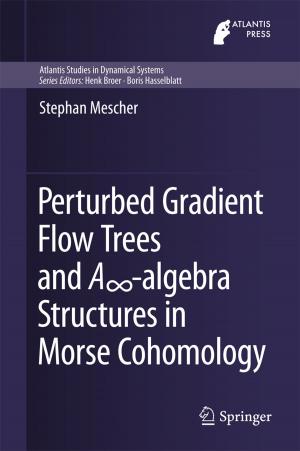Was Ludwig von Mises a Conventionalist?
A New Analysis of the Epistemology of the Austrian School of Economics
Nonfiction, Social & Cultural Studies, Political Science, Politics, Economic Conditions, Business & Finance, Economics| Author: | Alexander Linsbichler | ISBN: | 9783319461700 |
| Publisher: | Springer International Publishing | Publication: | June 8, 2017 |
| Imprint: | Palgrave Macmillan | Language: | English |
| Author: | Alexander Linsbichler |
| ISBN: | 9783319461700 |
| Publisher: | Springer International Publishing |
| Publication: | June 8, 2017 |
| Imprint: | Palgrave Macmillan |
| Language: | English |
This book presents a concise introduction to the epistemology and methodology of the Austrian School of economics as defended by Ludwig von Mises. The author provides an innovative interpretation of Mises’ arguments in favour of the a priori truth of praxeology, the received view of which contributed to the academic marginalisation of the Austrian School. The study puts forward a unique argument that Mises – perhaps unintentionally – defends a form of conventionalism. Chapters in the book include detailed discussions of individualism, historicism, epistemological positions, and essentialism. The author goes on to discuss Mises’ justification of the fundamental axiom and proposes a conventionalist interpretation. By presenting praxeology as a conventionalist research programme, the author aims to reinvigorate the interaction between the Austrian School, mainstream economics, and the philosophy of science. This comprehensive reconstruction is suitable for economists interested in the history and philosophy of their discipline, as well as for philosophers of science.
This book presents a concise introduction to the epistemology and methodology of the Austrian School of economics as defended by Ludwig von Mises. The author provides an innovative interpretation of Mises’ arguments in favour of the a priori truth of praxeology, the received view of which contributed to the academic marginalisation of the Austrian School. The study puts forward a unique argument that Mises – perhaps unintentionally – defends a form of conventionalism. Chapters in the book include detailed discussions of individualism, historicism, epistemological positions, and essentialism. The author goes on to discuss Mises’ justification of the fundamental axiom and proposes a conventionalist interpretation. By presenting praxeology as a conventionalist research programme, the author aims to reinvigorate the interaction between the Austrian School, mainstream economics, and the philosophy of science. This comprehensive reconstruction is suitable for economists interested in the history and philosophy of their discipline, as well as for philosophers of science.
